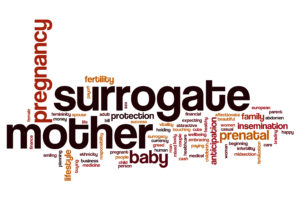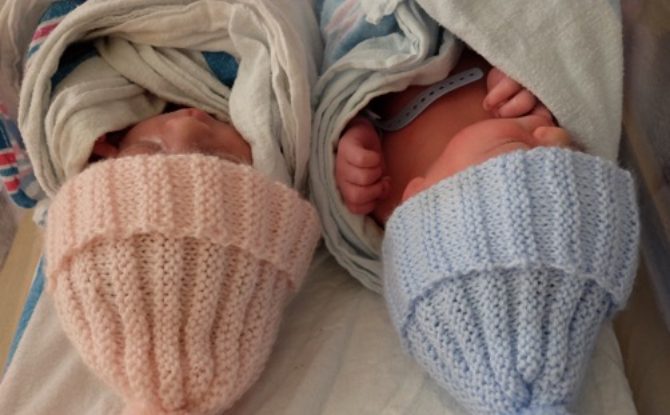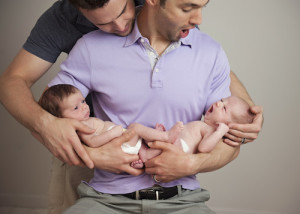Christina Fenn had already carried three babies — including a set of twins — for two other same-sex couples, when a surrogacy agency matched her to Wiedenfeld and Johnson.
Before becoming a surrogate, Fenn and her husband, Brian, had two sons of their own. She loved being pregnant and longed to help those who couldn’t conceive children.
Assisted reproduction and surrogacy have been around for years, but these days gay men who can afford the cost are choosing this route to parenthood, experts say.
Sometimes, however, desire and hope — and in Wiedenfeld and Johnson’s case, advanced reproductive science — are not enough to guarantee a baby. A first effort resulted in a miscarriage just a month after the embryo transfer. The second effort had the same outcome, and an even heavier emotional toll for all involved.
But the two men and Fenn had contractually agreed on three embryo transfers, leaving them one final chance. On a crisp day last spring, nearly nine months later, that chance came due.
“Are you ready to be a dad?” Fenn’s eager voice said at the other end of the line.
Weidenfeld and Johnson raced from New York City to the hospital in Connecticut just in time for the birth of a seven-pound, 19.5-inch boy, soon to be known as Teddy.
“It was the most beautiful thing I’d ever seen,” Johnson said.
After passing the baby around among Fenn, her husband and the two new dads, Weidenfeld turned to Fenn and said, “Look what you’ve done for us. This is not the end of our story together. This is just the beginning.”
“I will be there for every birthday party and special occasion,” Fenn vowed, smiling. “I hope to always be in their lives,” she said of the family.
The number of children born through surrogacy is unknown, but surrogacy agencies say the demand for surrogates has noticeably risen in recent years. According to the American Society for Reproductive Medicine, 738 babies were born via surrogacy in 2004; in 2014, that the number was 2,807.
Victoria Ferrara, founder and legal director at Worldwide Surrogacy, says about 50 percent of the 80 to 100 surrogacy arrangements her organization facilitates involve gay parents. She estimates the number of babies born through surrogacy every year ranges from 2,500 to 5,000 worldwide.
Washingtonpost.com, by Sydney Page, October 26, 2019
Click here to read the entire article.

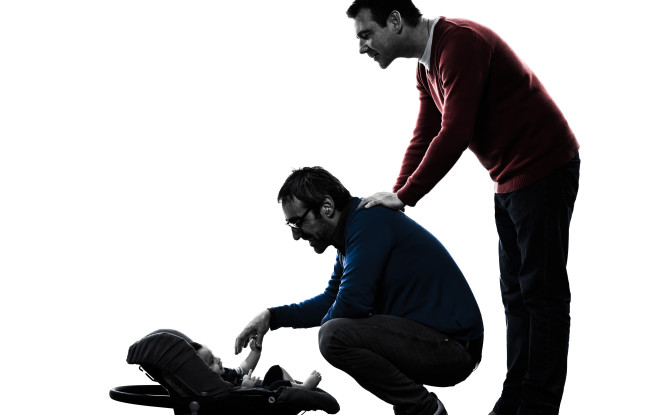


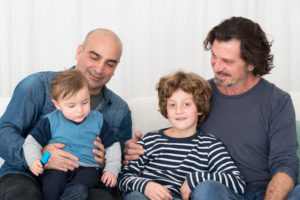

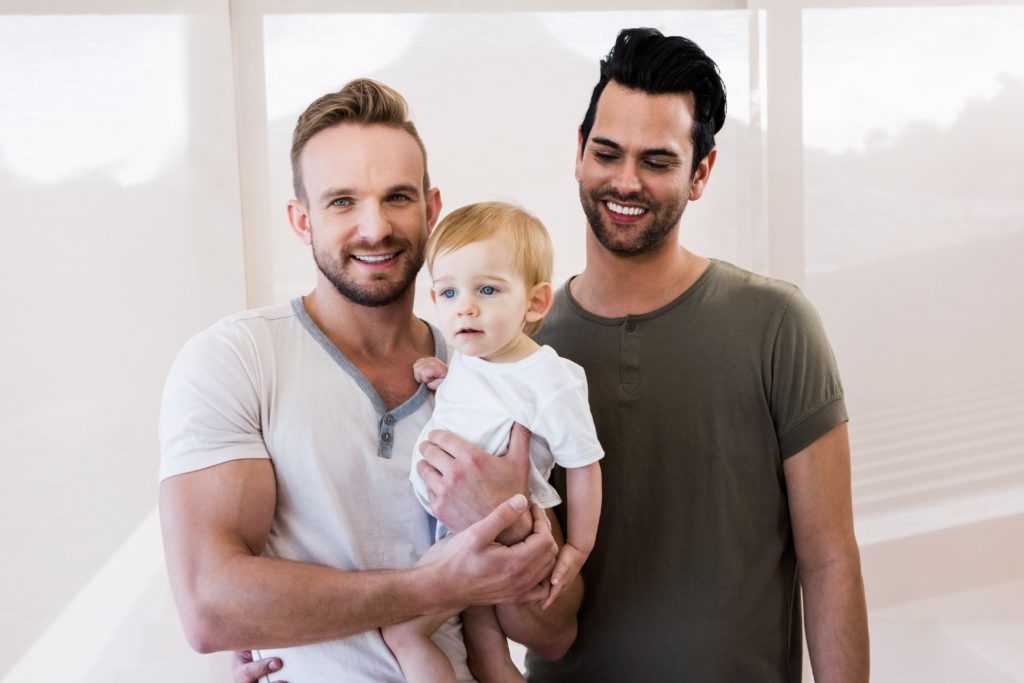
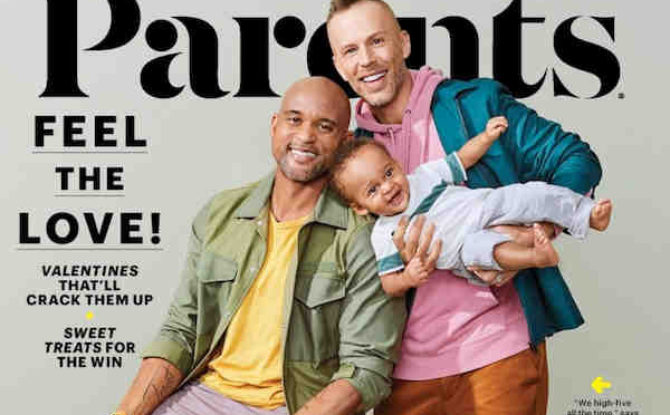
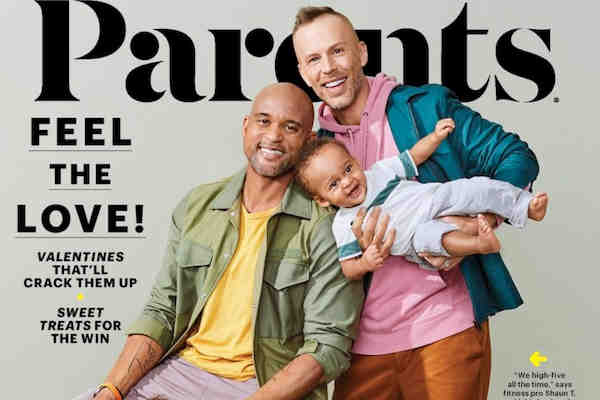




 Adoption petitions ask one very important question, whether the child is subject to any proceeding affecting his or her custody or status. In this matter, Carlos and Marco failed to disclose that, at the time of the child’s birth, both Marco and Ming had signed the surrogacy agreement together as a married couple. Also, Ming had started a divorce proceeding seeking joint custody of the child prior to the finalization of the adoption. Carlos and Marco failed to disclose that to the court as well.
Adoption petitions ask one very important question, whether the child is subject to any proceeding affecting his or her custody or status. In this matter, Carlos and Marco failed to disclose that, at the time of the child’s birth, both Marco and Ming had signed the surrogacy agreement together as a married couple. Also, Ming had started a divorce proceeding seeking joint custody of the child prior to the finalization of the adoption. Carlos and Marco failed to disclose that to the court as well.
